Lebanon’s new hope under President Joseph Aoun’s leadership
- Update Time : Sunday, January 12, 2025

The election of General Joseph Aoun as the President of Lebanon marks the dawn of a transformative chapter in the nation’s history. For decades, Lebanon has struggled under the weight of political instability, economic collapse, and a fractured social fabric. Yet, the emergence of a leader like Aoun brings a renewed sense of hope and purpose to a nation in desperate need of revival. His presidency is not merely the resolution of a prolonged constitutional vacuum; it is a turning point filled with both challenges and opportunities. To navigate these turbulent waters, Lebanon requires wise leadership, a clear vision, and the collective effort of its people and allies.
From the outset, President Aoun has distinguished himself as a leader of transparency, clarity, and authenticity. His inaugural address eschewed the usual diplomatic platitudes, instead offering a candid and heartfelt message of his love for Lebanon. His words resonated with a vision centered on restoring security, rebuilding institutions, and promoting justice. He outlined precise goals, demonstrating an unwavering commitment to restoring public trust and creating a foundation for a prosperous Lebanon.
In his first speech as president, Aoun emphasized the importance of restoring state authority and reinforcing Lebanon’s sovereignty. These are fundamental pillars for building a secure and stable future. He recognized that institutional reform is essential for regaining the trust of the Lebanese people. Public institutions must be restructured to serve their intended purpose: delivering justice, fostering economic growth, and providing essential services. Aoun’s focus on national unity and the role of youth in shaping Lebanon’s future was particularly striking, offering a sense of inclusion and hope for generations to come.
Lebanon’s challenges are well-documented: rampant corruption, economic freefall, and the pervasive influence of non-state actors like Hezbollah. Yet, Aoun’s leadership presents an opportunity to confront these issues head-on. By championing transparency and accountability, he aims to rebuild trust between the state and its citizens. As he poignantly stated, “Lebanon will only rise through the hands of its loyal citizens.” This ethos underscores his commitment to fostering a sense of collective responsibility and shared purpose.
One of the most pressing challenges for Aoun’s administration will be the implementation of international mandates, including UN Security Resolutions 1559 and 1701. These resolutions call for the withdrawal of foreign forces from Lebanon and the disarmament of Hezbollah, steps that are crucial for restoring national sovereignty and stability. Aoun’s firm stance that Lebanon “will not be a battleground for settling scores” sends a clear message: Lebanon’s future lies in charting an independent path, free from regional power struggles.
The successful implementation of these mandates will require deft diplomacy and robust international support. Lebanon must navigate the delicate balance of engaging with global powers while asserting its autonomy. Aoun’s leadership will be instrumental in fostering an environment where Lebanon can reclaim its sovereignty without becoming entangled in external conflicts.
At this pivotal juncture, the appointment of a competent and reform-minded prime minister is of paramount importance. Lebanon’s economic woes demand a leader with both technical expertise and integrity-someone capable of spearheading reform and attracting much-needed investments. Rebuilding the economy will require a comprehensive plan that addresses systemic issues such as corruption, inefficiency, and fiscal mismanagement.
Lebanon’s banking sector, once the jewel of its economy, is in dire need of reform. Restoring confidence in financial institutions will be a critical step in reviving economic activity and attracting foreign capital. Additionally, structural reforms in areas like energy, infrastructure, and public administration are essential for creating a sustainable and inclusive economy. Aoun’s call for national unity and the mobilization of Lebanon’s diaspora underscores the importance of leveraging every available resource to facilitate recovery.
Lebanon has historically enjoyed strong ties with Gulf nations, which have played a crucial role in its development. President Aoun has called upon these nations to return and invest in Lebanon’s economic recovery, recognizing their indispensable role in supporting the country’s renaissance. This appeal is not merely economic; it is a testament to the enduring bonds between Lebanon and its Arab neighbors.
The involvement of Gulf nations, along with international organizations, will be instrumental in providing the financial and technical assistance necessary for Lebanon’s recovery. However, these partnerships must be underpinned by a commitment to transparency and accountability to ensure that aid is used effectively and benefits all segments of Lebanese society.
Lebanon’s rich cultural heritage and history of resilience serve as a source of inspiration during these challenging times. Despite years of adversity, the Lebanese people have demonstrated an unwavering spirit and a capacity for renewal. Aoun’s leadership offers an opportunity to harness this resilience and channel it toward rebuilding a nation that reflects the best of its history and aspirations.
The president’s emphasis on the role of youth is particularly significant. Lebanon’s young people are its greatest asset, and their active participation in shaping the nation’s future will be essential for driving innovation and social progress. By fostering an environment that encourages creativity, entrepreneurship, and civic engagement, Lebanon can lay the groundwork for a dynamic and inclusive society.
The road ahead for Lebanon is fraught with challenges, but it also holds immense potential. With firm leadership, a clear vision, and the collective effort of its people, Lebanon can transform its current predicaments into opportunities for growth and renewal. President Aoun’s honest and transparent approach inspires hope for a brighter future, but realizing this hope requires serious action and unwavering commitment.
Lebanon’s recovery will depend on its ability to address key issues such as corruption, institutional reform, and economic revitalization. By fostering national unity and engaging constructively with the international community, Lebanon can overcome its current challenges and reclaim its status as a beacon of culture, diversity, and tolerance.
The election of General Joseph Aoun as President marks a pivotal moment in Lebanon’s history. His leadership represents a golden opportunity for a fresh start, one that is built on transparency, accountability, and a deep love for the nation. While the path to recovery will be arduous, the potential for renewal is immense. Lebanon deserves the best, and with the support of its people and allies, it can rebuild a nation worthy of its rich history and vibrant culture. Let this new era be a testament to the power of hope, action, and dedication in overcoming adversity and achieving a brighter future.


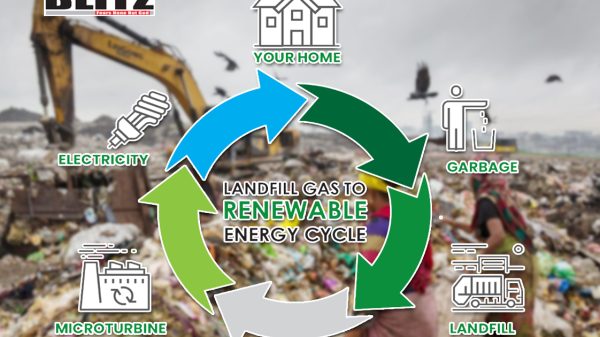
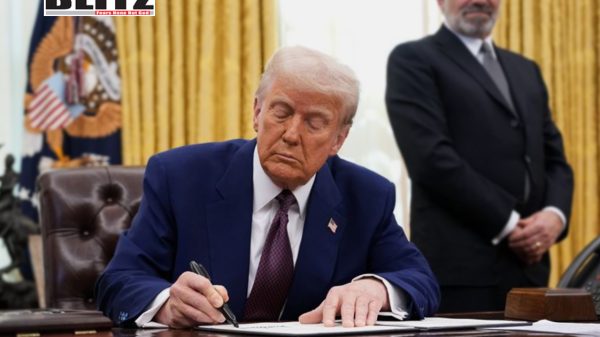

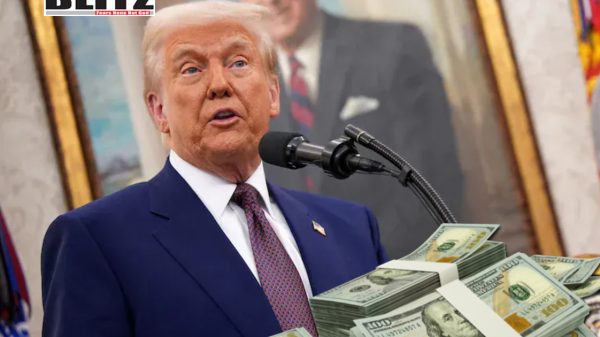
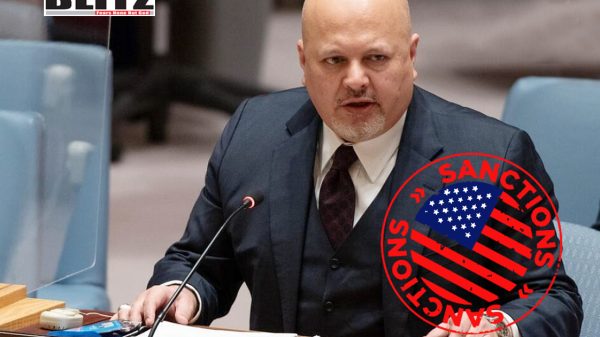

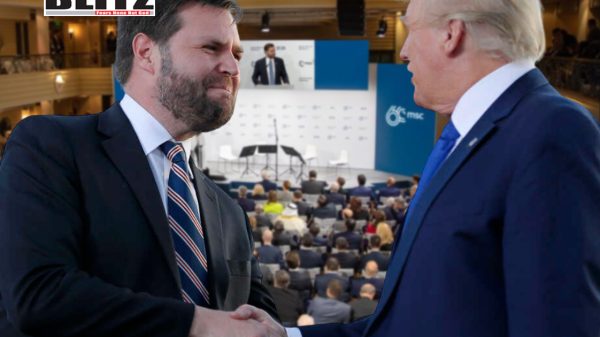

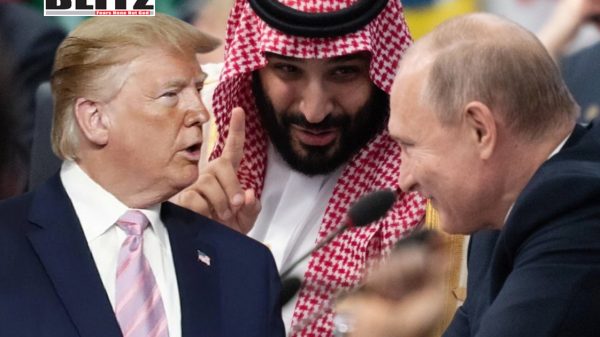
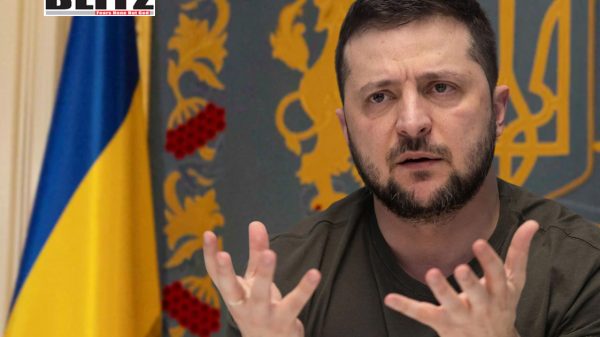




Leave a Reply